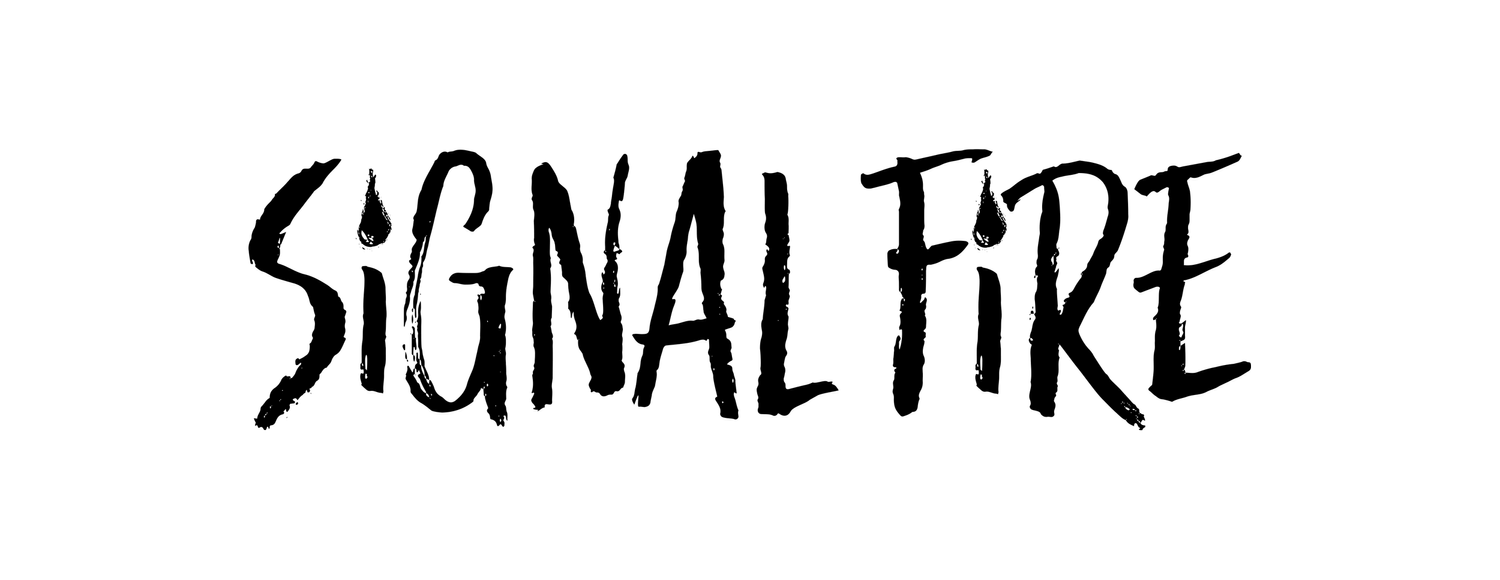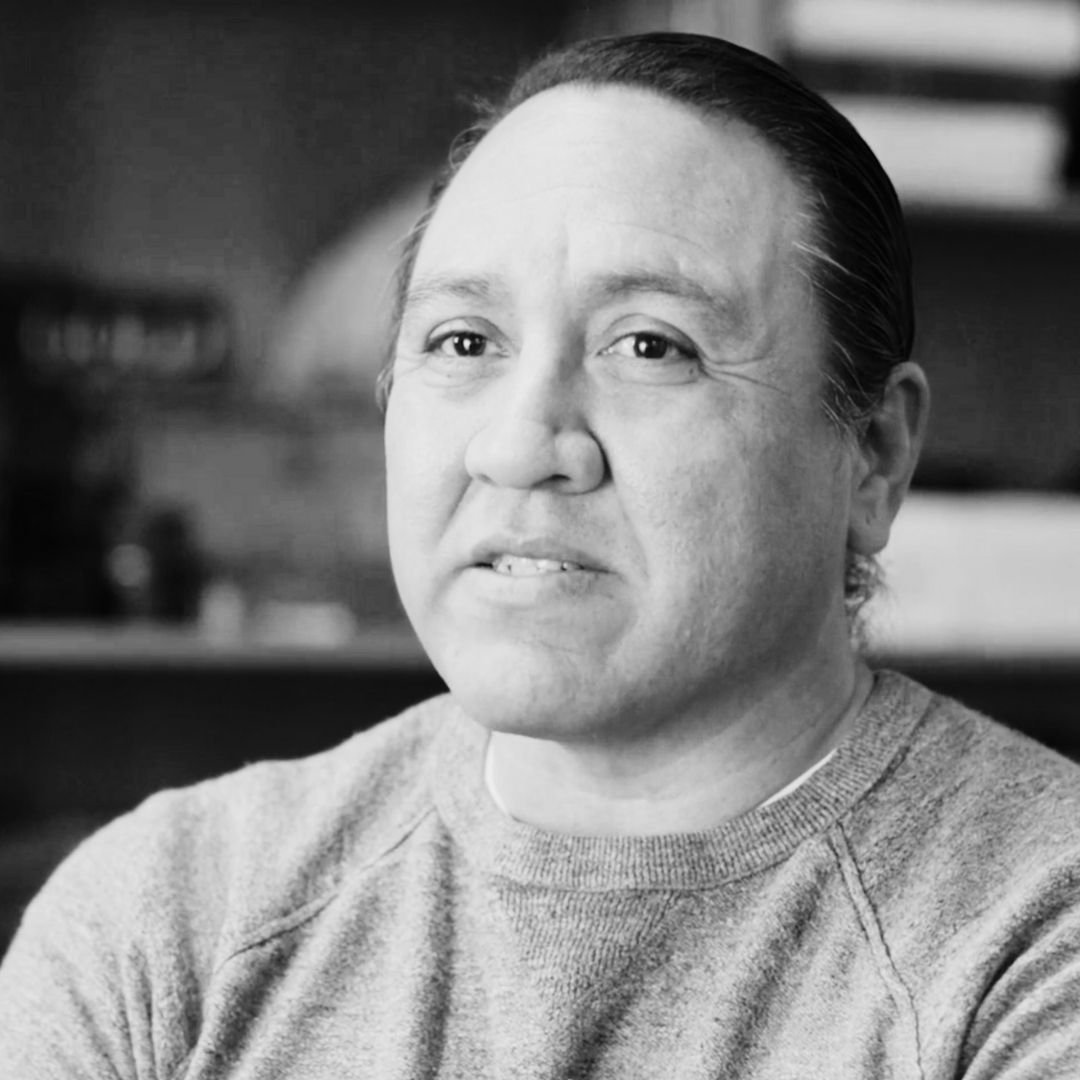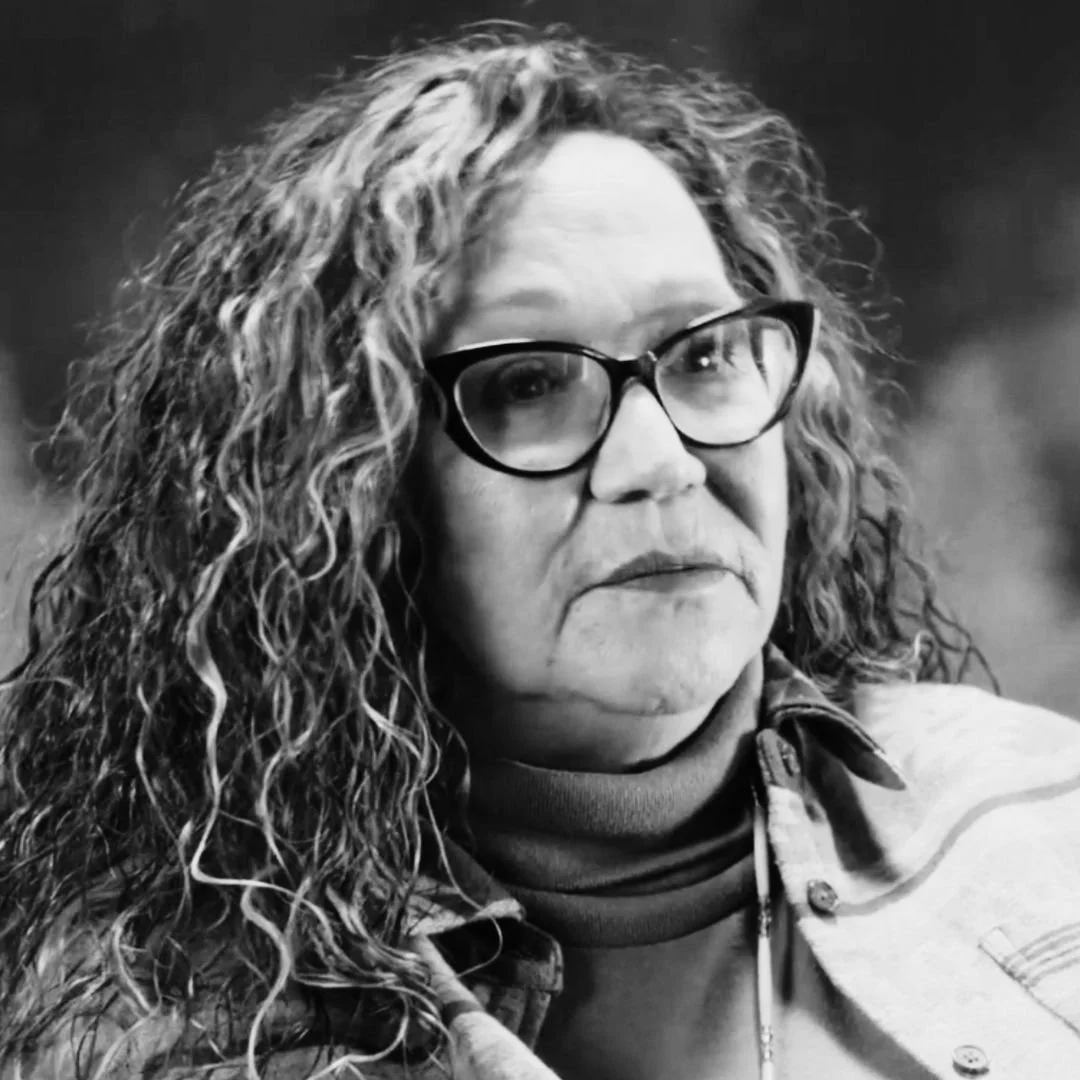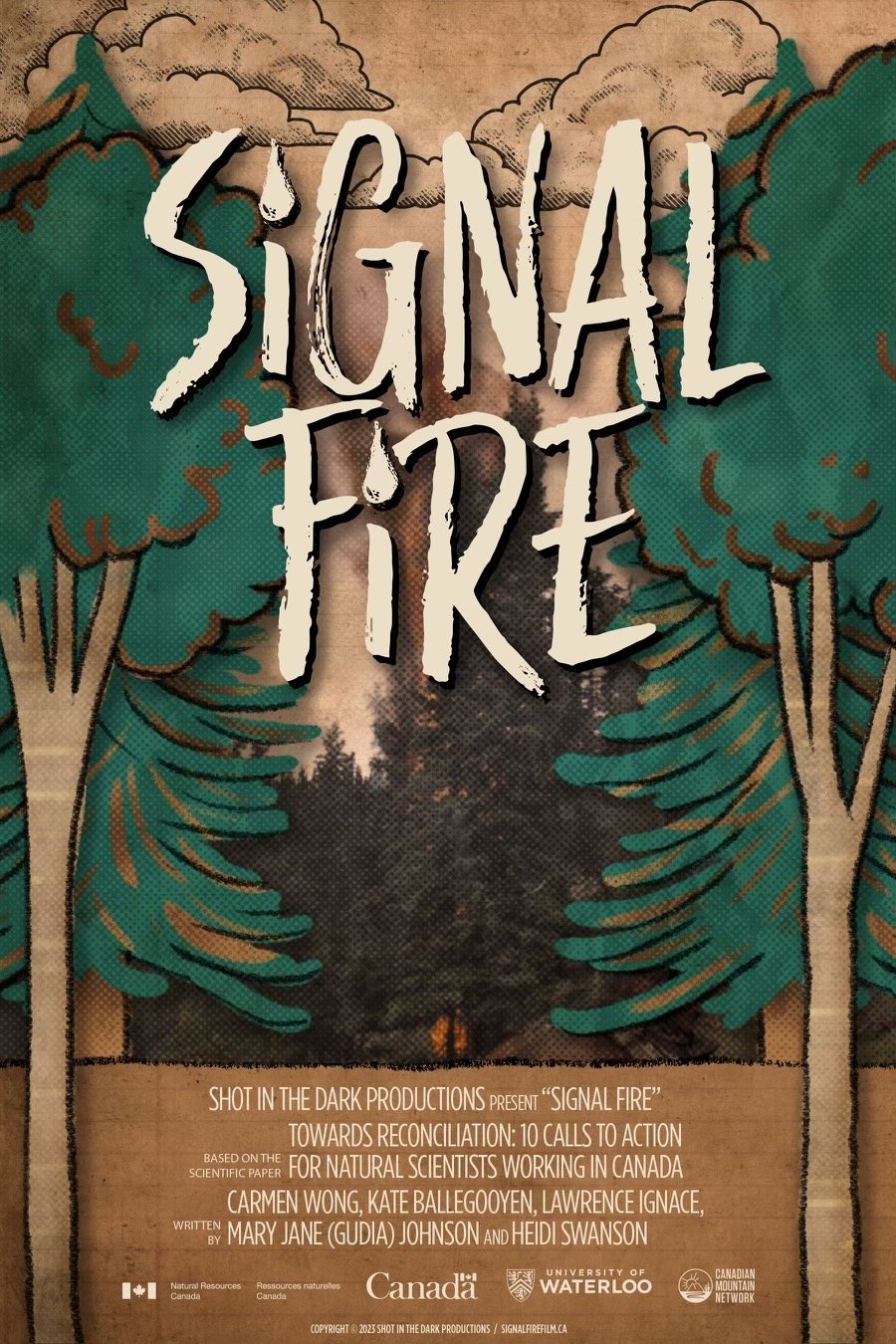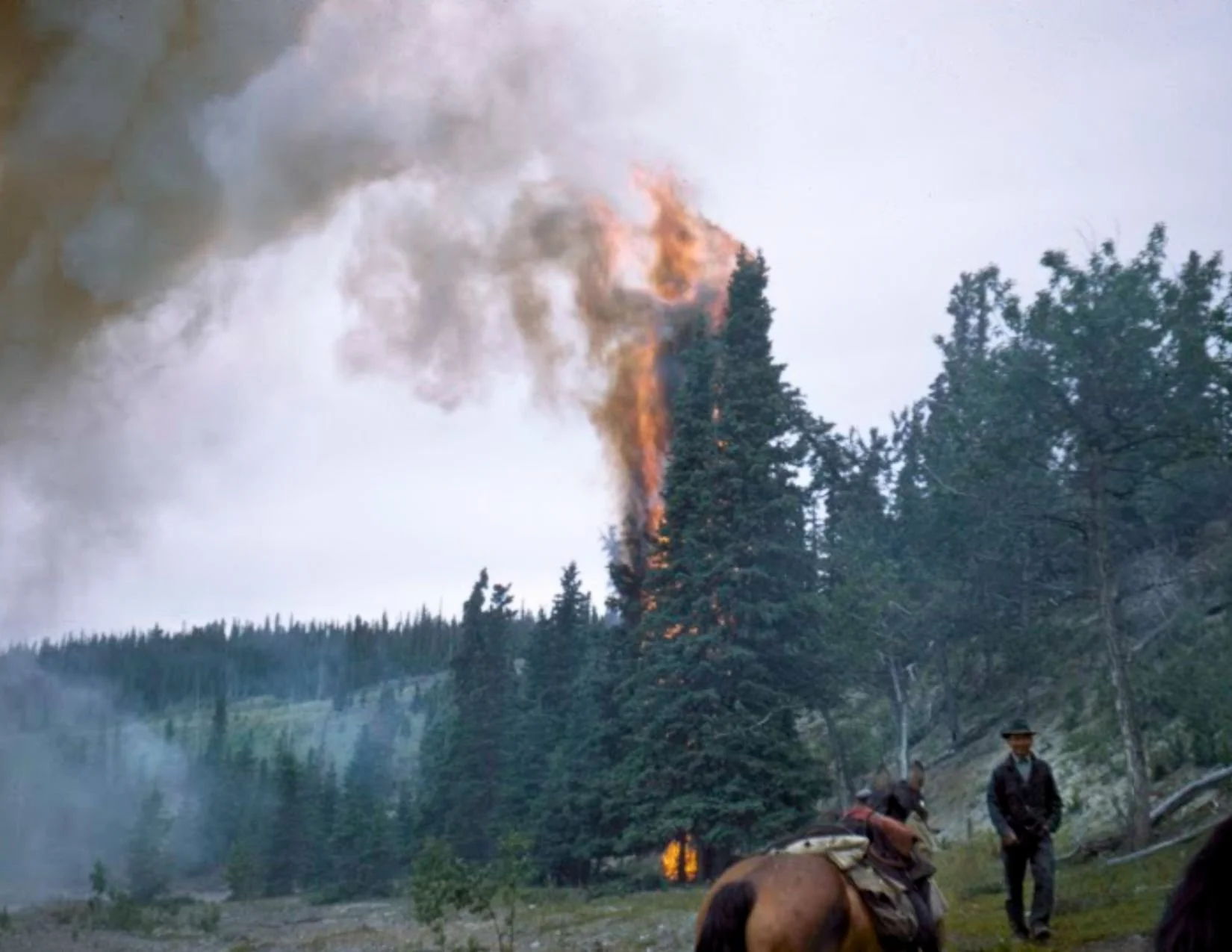Towards Reconciliation: 10 Calls to Action to Natural Scientists Working in Canada
In 2015, Canada’s Truth and Reconciliation Commission released 94 Calls to Action to redress the intergenerational legacy of, and the systemic racism behind, our country’s treatment of First Nation, Métis, and Inuit people.
In 2020, a group of Canadian scientists and Indigenous elders and scholars wrote “Towards Reconciliation: 10 Calls to Action to Natural Scientists Working in Canada”. The calls were developed to facilitate and enable reconciliation, rebalance relationships between Indigenous and non-Indigenous Canadians, to tell this part of Canadian history, and to create a path forward based on mutual respect.
The authors focused on natural scientists because a common connection to the land should tie them more closely to Indigenous communities than currently exists. They also focused on natural sciences because of the underrepresentation of Indigenous peoples in this field.
DOWNLOAD THE PAPER (EN)Download the Paper (FR)By Carmen Wong, Kate Ballegooyen, Lawrence Ignace, Gùdia (Mary Jane) Johnson, and Heidi Swanson. (FACETS | 2020 | 5: 769-783.)
The Authors
Other Voices
*featured in the Signal Fire film
Signal Fire Film
Signal Fire is a 30-minute documentary that takes the themes and ideas included in the original paper and reframes them into a story to help illuminate why and how the relationship between research and Indigenous communities must change.
Using imagery and interviews across Canada including Indigenous communities, research sites and universities, Signal Fire features the perspectives of the authors and their colleagues — Indigenous and non-Indigenous — who are igniting change and lighting the way for others looking to make a difference.
Photo: Yukon Archives, Elmer Harp Jr. fonds, 2006/2, #228Kwäk’än | Signal Fire | The story behind this image…
The title of the Signal Fire film comes from this photo of a kwäk’än which is Dan Kwánje (Southern Tutchone) for signal fire
In the past, kwäk’än were used as a call for help. In this 1948 photo, Gǎ lhêla - Moose Johnson is signalling on behalf of the Andover-Harvard Archaeological Expedition that he is guiding, for a boat pickup across Kluane Lake.
None of the First Nation guides were acknowledged for their knowledge and contributions that led to the expedition’s archaeological "finds".
This photo also speaks to a different relationship with fire than the one current society often fears. At the time, the archaeologist’s viewpoint was that “the Indians were careless with fire”. In reality, the First Nation guides were comfortable with fire and their intimate knowledge of its potential behaviour that made kwäk’än a commonly understood and effective SOS tool.
The failure to cite the aid of Indigenous Knowledge in such an expedition, along with the disparaging treatment of Indigenous Knowledge of fire, is just one of many similar examples in Canada.
In our documentary project, we use kwäk’än to represent a call for help for reconciliation in science – for institutions and individuals.
